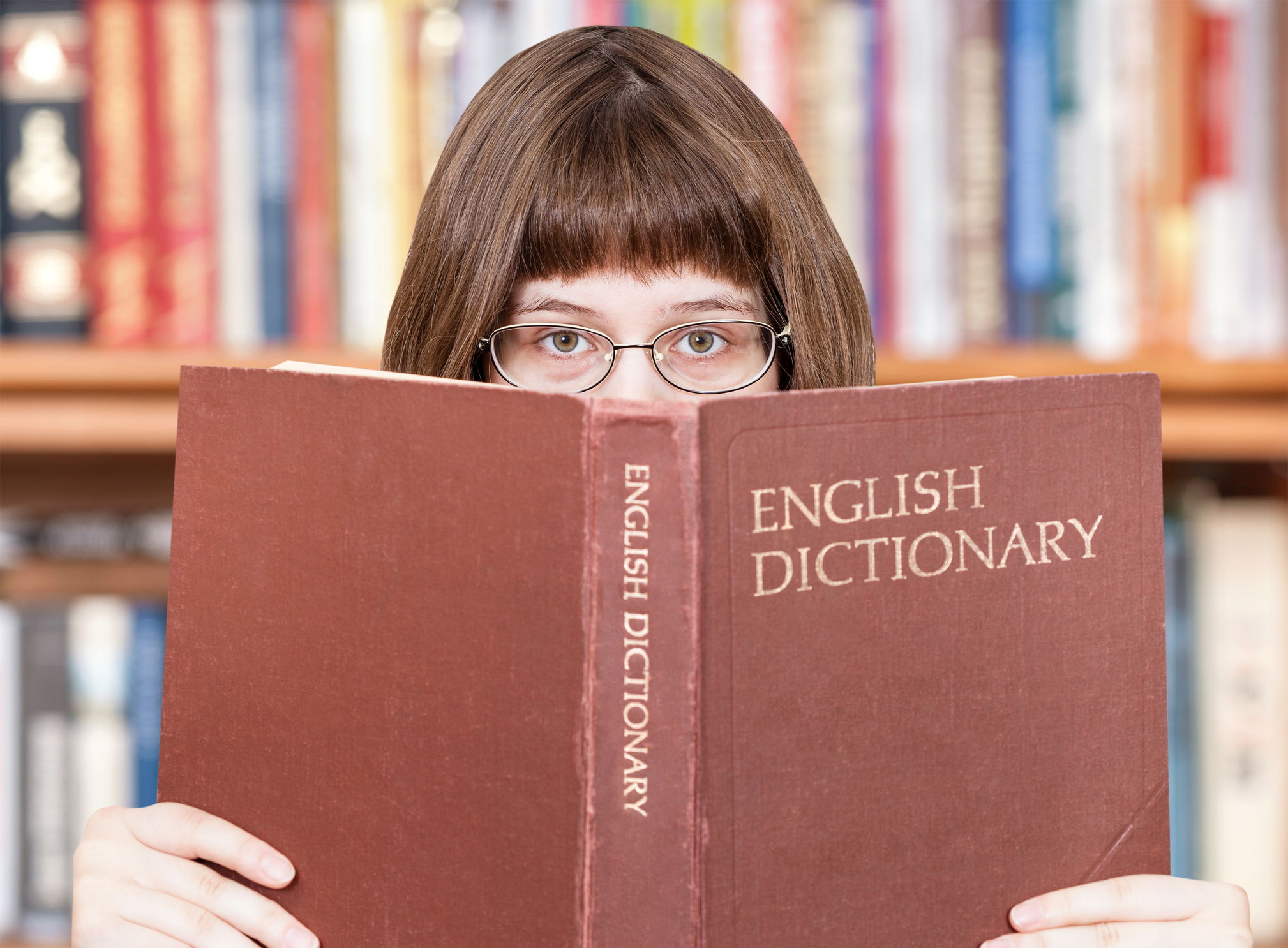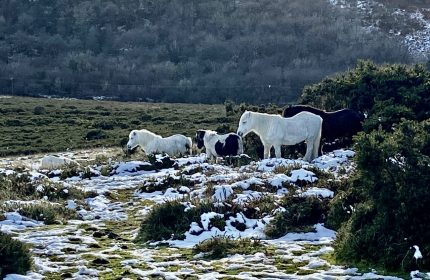The fascinating English words which actually originated in India
From dinghy, seersucker and pyjamas, prepare to be surprised.
As India celebrates 70 years of independence from the UK, here’s a selection of words from across India which are now commonplace in English.
Pyjamas

Pyjamas
The word pyjamas is originally from Urdu, where it means “leg clothing”, but has been adopted into English to mean nightwear.
Mary O’Neill, editor-in-chief of Collins English Dictionaries, said: “A lot of words come down to the time of the British Raj and their presence in India up until the 20th century, to 1947.
“People lived side by side and they would need to learn the language and learn local words to communicate. The words will have been inspired by basic needs – food, drink, clothes, things that were important in commerce.”
Catamaran

Catamaran
Originally from the Tamil kattumaram, meaning tied timber, the word is now used in English to mean a boat with twin hulls.
O’Neill added: “These words will have been anglicised in some way. People must have written them down and the spelling probably had a few forms before there was an agreed version.”
Sticking with a nautical theme, the word dinghy comes from the Hindi or Bengali dingi, for “little boat”.
Seersucker

Seersucker
From Hindi and meaning “milk and sugar”, it refers to the two tones of the stripes in the original material.
Dungarees, from the Hindi word dungri meaning a kind of coarse cloth, and jodhpurs, named after the city in Rajasthan, have also crossed into English.
“English has always been a great borrower of words,” said O’Neill. “It’s a language of great richness.”
Cummerbund
This formal men’s clothing item sits underneath a dinner suit jacket above the waist of the trousers. It started out as a Hindi and Urdu word, kamarband, which came from Persian words for waist and band.
“In the 19th century there was a medical view that the cummerbund could serve to ward off numerous ailments, such as dysentery and cholera,” said a spokesman for Merriam-Webster Dictionaries.
Shampoo

Shampoo
Nowadays we think of the word shampoo as a verb to wash, mainly hair, with soap and water. It also refers to the actual soap.
But it had a “markedly different meaning” when it was first used in English, said the Merriam-Webster spokesman.
“It comes from the Hindi and Urdu capo, which is the imperative of capna – “to press, massage” – and in its earliest use retained the meaning of “massage”. The sense of shampoo meaning “to wash the hair of” did not enter common use until the middle of the 19th century.
Punch

Punch
The drink punch is often prepared in a huge bowl and then ladled into glasses, conjuring up images of decadent parties in the 1920s.
But the name is probably from Hindi, meaning five. Why? The beverage originally included five ingredients.
Toddy
Another drink, toddy, comes from the Hindi tari, meaning juice of the palmyra palm.
Natural language evolution has shaped the sound of the word, says O’Neill, who has been editor-in-chief of Collins English Dictionaries for five years and a lexicographer for two decades.
“Perhaps for toddy, it sounded more like a ‘d’ and there was a natural change and corruption to a form we recognise today. There’s a natural process.”
Jungle
Escape to the Jungle. #JungleBook pic.twitter.com/8j8oHeLL4Q
— The Jungle Book (@TheJungleBook) July 11, 2016
It’s easy to picture the jungle as the home of Mowgli. It was first recorded in English between 1770-1780.
Jane Solomon, lexicographer at Dictionary.com, said: “Jungle is from the Hindi word jangal, which in turn comes from the Pali, Prakrit term jangala meaning ‘rough, waterless place’.”
Pundit

Pundit
Sports shows and broadcast news are filled with people offering their views on everything from the Premier League to political decision-making. But the likes of Gary Neville and Jamie Carragher are named after a Sanskrit term.
Solomon explained: “First recorded in 1665-75, pundit is from the Hindi word paṇḍit, which comes from the Sanskrit term paṇḍita meaning ‘learned man, (adj) learned’.”
Other words to have travelled from India to English include juggernaut, bungalow, bangle, pukka, and pariah.
And there are many, many more.
“It’s hard to quantify because there’s no single language of India,” said O’Neill. “There’s Hindi, Urdu, Tamil, Bengali and a lot from Sanskrit. Sometimes the origin of the words is not known.”
The Press Association
Latest posts by The Press Association (see all)
- 9 ways to look after your emotional health better in 2025 - January 7, 2025
- EastEnders fans to vote on storyline for the first time in 40th anniversary week - January 7, 2025
- Aldi beats rival Lidl as cheapest supermarket of 2024 - January 6, 2025
- All the benefits of lifting weights beyond bigger muscles - January 6, 2025
- The best ways to boost your immune system as cold temperatures hit - January 5, 2025





















